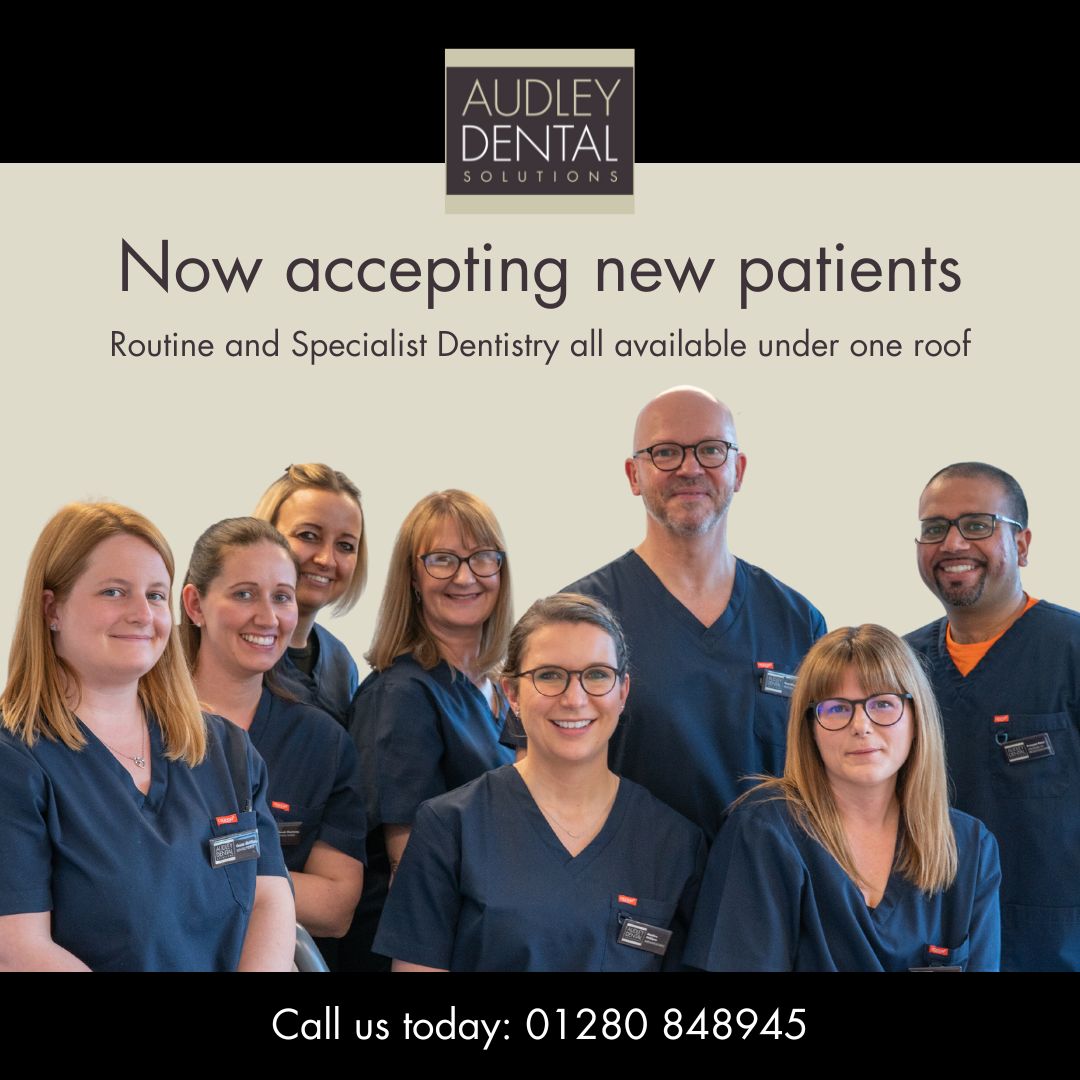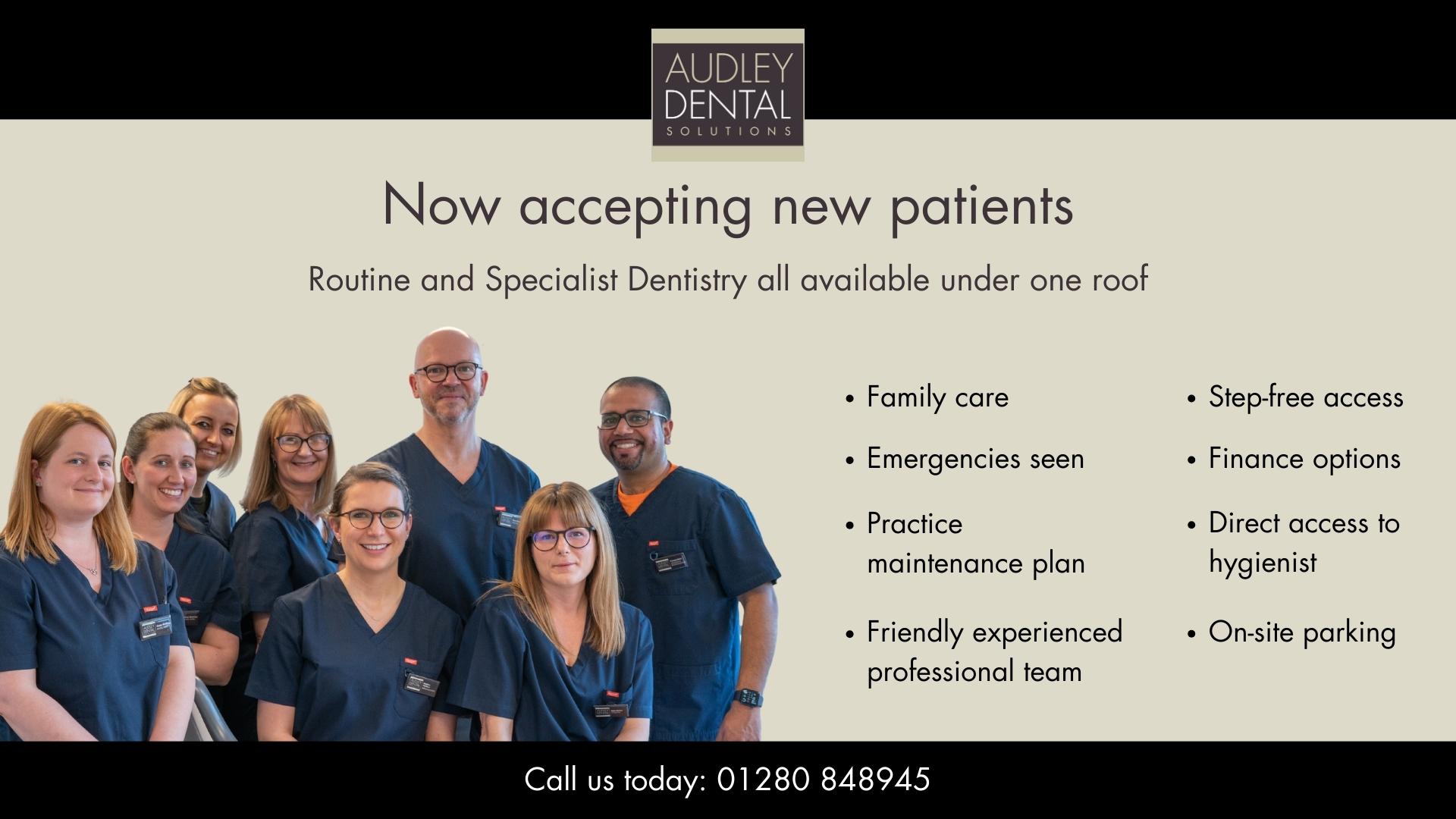Sore swollen gums, bleeding after brushing and bad breath are all nasty problems to have, but they are also tell-tale signs that all is not well with your gums.
Dr Chris Wood
Dental Implant Surgeon
BDS MFGD, Dip Imp Dent (RCS Eng) FFGDP (UK) GDC No: 57428
Gum disease is a chronic inflammatory disease affecting the gum tissues and the bones supporting your teeth. It can be caused by poor oral hygiene, smoking, uncontrolled diabetes and genetics and if left untreated, it can result in pain, inflammation and ultimately tooth loss.
The good news is that gum disease can be prevented, but if you aren’t a trained dental expert how do you know what signs to look out for? Our five-step checklist will help you work out whether it’s time to make that dental appointment.
1.Bleeding and swelling
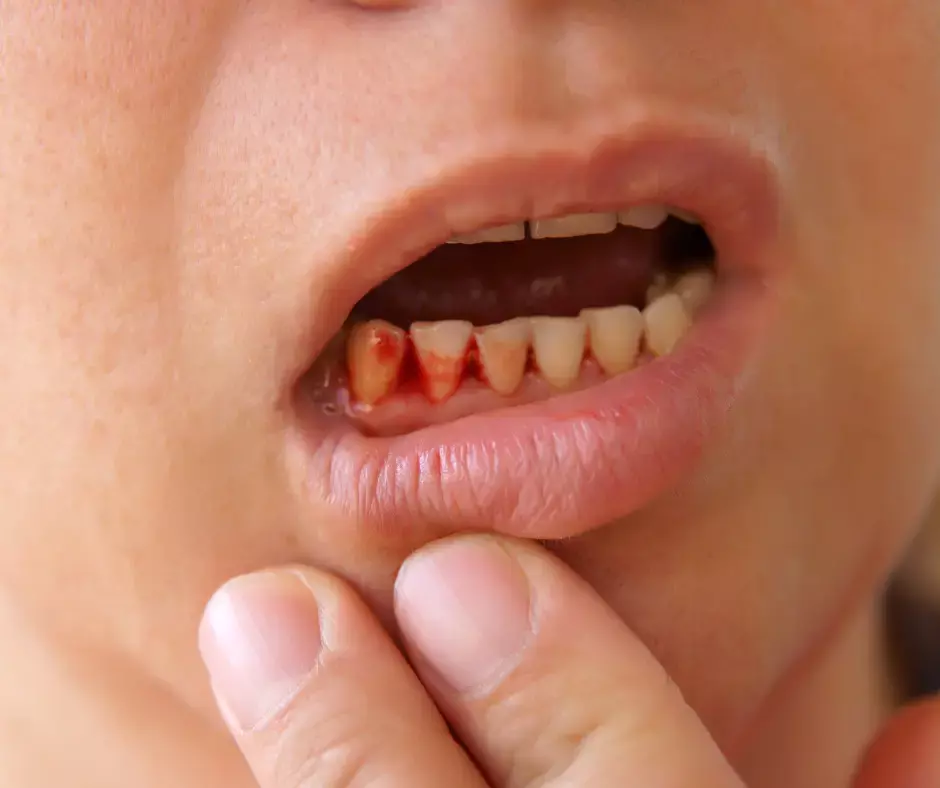
Swollen, red gums are not healthy. We’re looking for lovely, pink coloured gums that don’t bleed when you brush or floss. In fact, blood when you’re brushing is one of the earliest signs of gum disease.
Bleeding and swelling is caused by a build up of plaque from food or bacteria that has become lodged between the teeth and gums, this turns to plaque which can lead to gum disease. At this stage it can be alleviated by good, regular brushing and flossing, but if you change your brushing habits and don’t see any improvement after a few days then please get in touch.
Remember, the bleeding and swelling doesn’t need to affect the whole mouth. If you notice it in just one part of your gum or around only one tooth, it can still be an early sign of disease. So keep an eye out and don’t underestimate the importance of a great daily oral health routine.
2.Bad breath
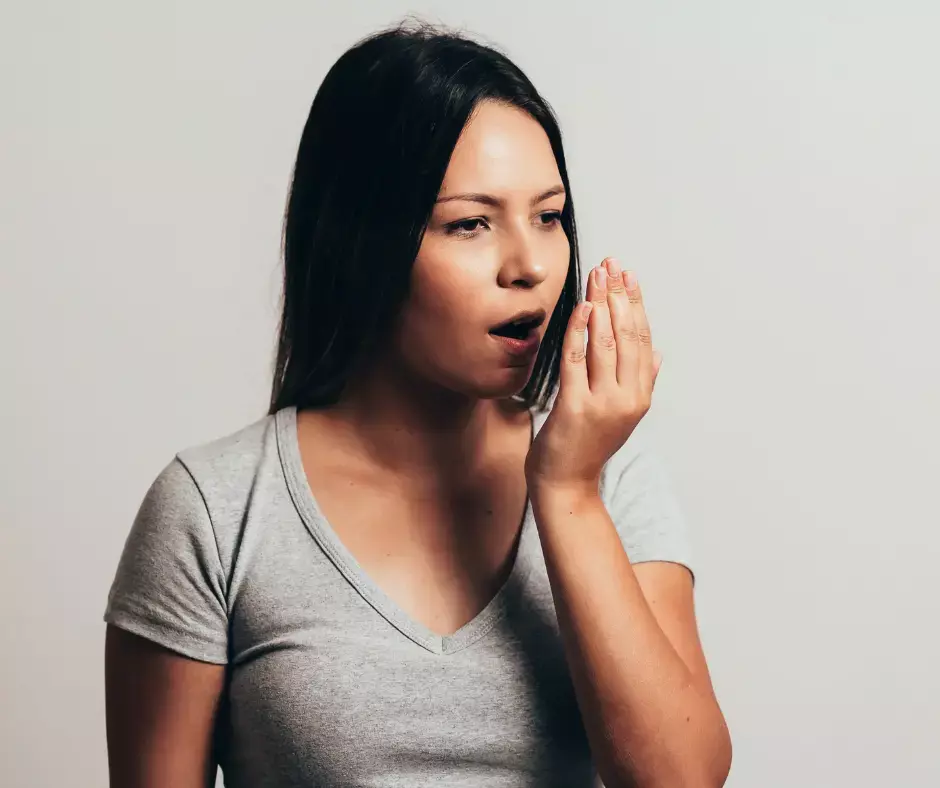
It should go without saying that if you don’t brush and floss regularly then bits of food can get stuck in your teeth. These tiny particles then encourage a growth of bacteria which can cause bad breath but can also cause gum disease.
If you experience bad breath regularly or notice a recurrent bad taste in your mouth, then please come and see us. Although we advocate regular brushing, in some cases a patient may need additional treatment to tackle the problem using deeper, more thorough cleaning both on the teeth and below the gum line.
3.Receding gums
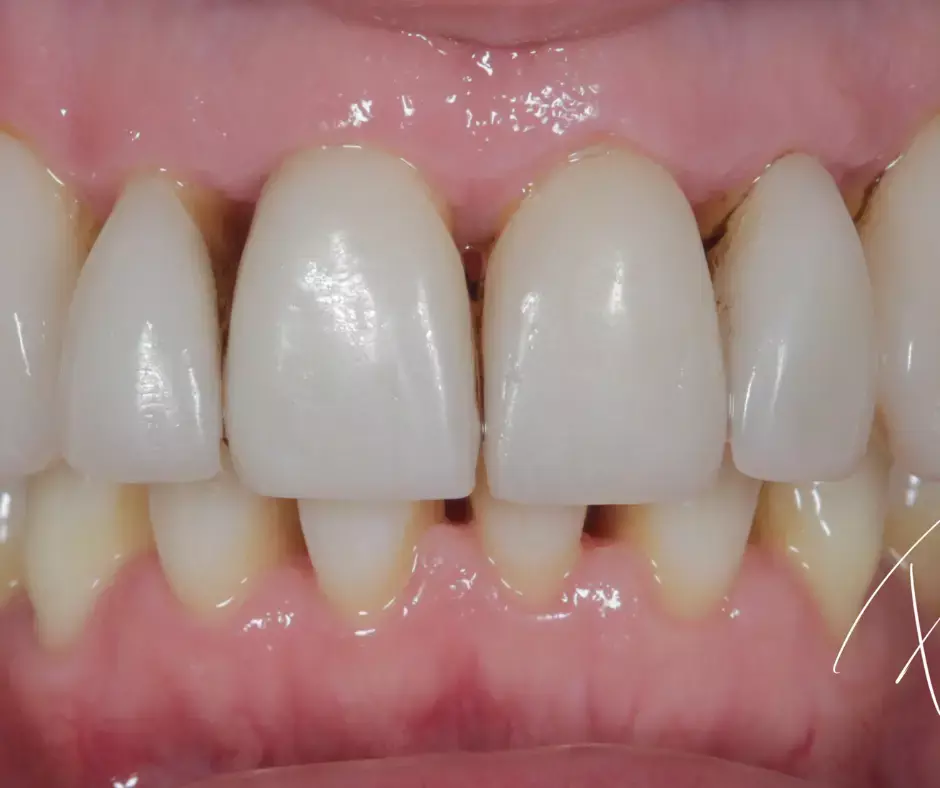
Gum recession signals a more advanced stage of the disease. If you look at your mouth and some of your teeth appear taller, chances are your gums are now beginning to pull back threatening to expose more of the root. Again, it may not happen along the entire gum line and might only affect one or two teeth, but it is a sign that intervention is required.
At this point, the big concern is that bacteria will now access the root which can result in decay and subsequent tooth loss. The good news is there’s still time to fight back. Scaling is a deep cleaning process that can reach plaque and tartar below the gum line, once we have scaled the teeth we then use tooth planing to smooth any rough surfaces on the root of the tooth which will help it reattach to the gum.
Ignoring receding gums only results in further problems which can ultimately lead to tooth loss. If you’re suffering with gum recession it’s not too late, we can help you turn things around and get you back on the road to a healthy mouth.
4.Sensitive teeth
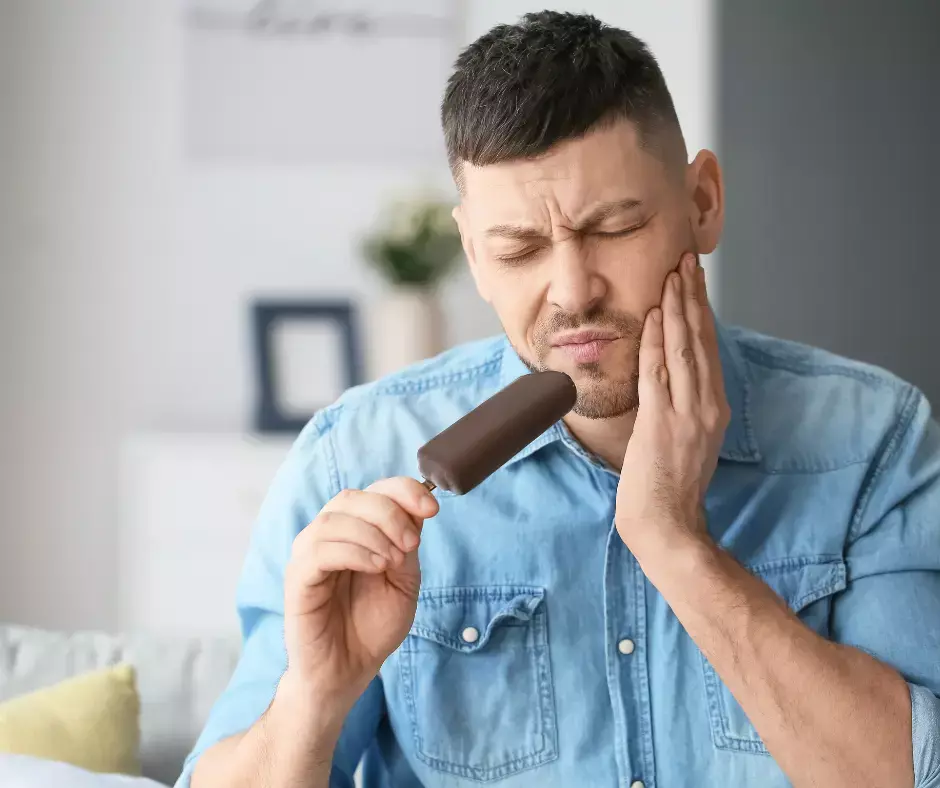
Hand in hand with receding gums comes tooth sensitivity. All of us have probably experienced tooth pain at one point or another when biting into an ice cream or chewing a sugary sweet, but if it’s happening regularly it needs investigation. While you may just have particularly sensitive teeth the problem can also be caused by the roots of your teeth becoming exposed if your gum is receding.
If you’re experiencing pain when you eat or drink, then it’s certainly something to keep an eye on. If it starts to happen consistently then you should definitely consider getting it checked.
5.Wobbly teeth
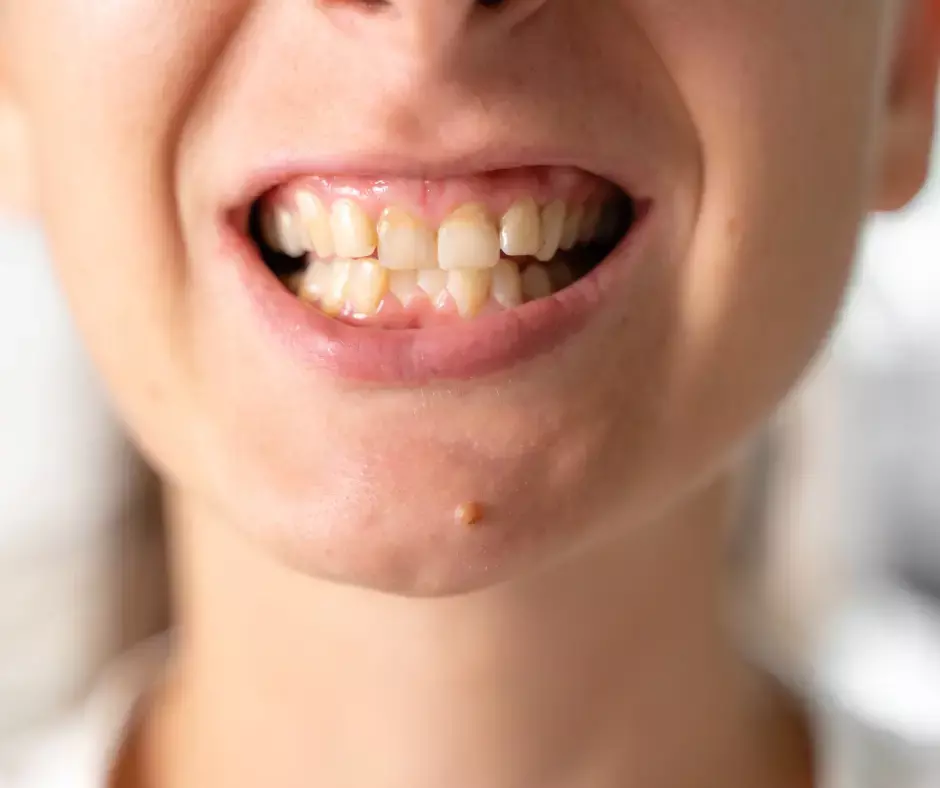
If one or more of your teeth feel loose or wobbly, then chances are you may have more advanced gum disease known as periodontitis. When this occurs the plaque on your teeth has grown hard, causing the gum to pull away from the teeth creating pockets below the gum line. These pockets can then become infected causing decay which damages the bone and gum tissues surrounding the tooth. This can result in pain and sometimes the only solution is for the tooth, or teeth, to be removed.
The next step
The good news for our patients across Oxfordshire and Buckinghamshire is that we have our very own in-house gum disease expert, Periodontal Specialist, Dr Rachel Manning.
Dr Manning bases initial treatment around removing and disrupting the bacteria to prevent the disease from progressing, in certain cases minor gum surgery may be required. Two to three months later, you will be reassessed, and Dr Manning will decide whether further treatment is required. This is not always needed but for those patients that do require additional support Dr Manning will work with you to design a clear treatment plan.
Dentistry that packs a punch
The benefits of this type of dentistry really are impressive. As well as reducing or eliminating bacteria around and below the gum and limiting the spread of gum disease, it can also improve the control of your blood sugar levels meaning it can help treat diabetes as well as reducing bleeding gums, bad taste and bad breath.
So, there you have it. Gum disease can be unpleasant and sometimes painful, but if you’re taking good care of your teeth and seeing your dentist regularly you should have little to worry about it. However, if you’re concerned or would like to talk in more detail about how to prevent it, please get in touch. You can book a free consultation on 01280 848945 or visit our website.
